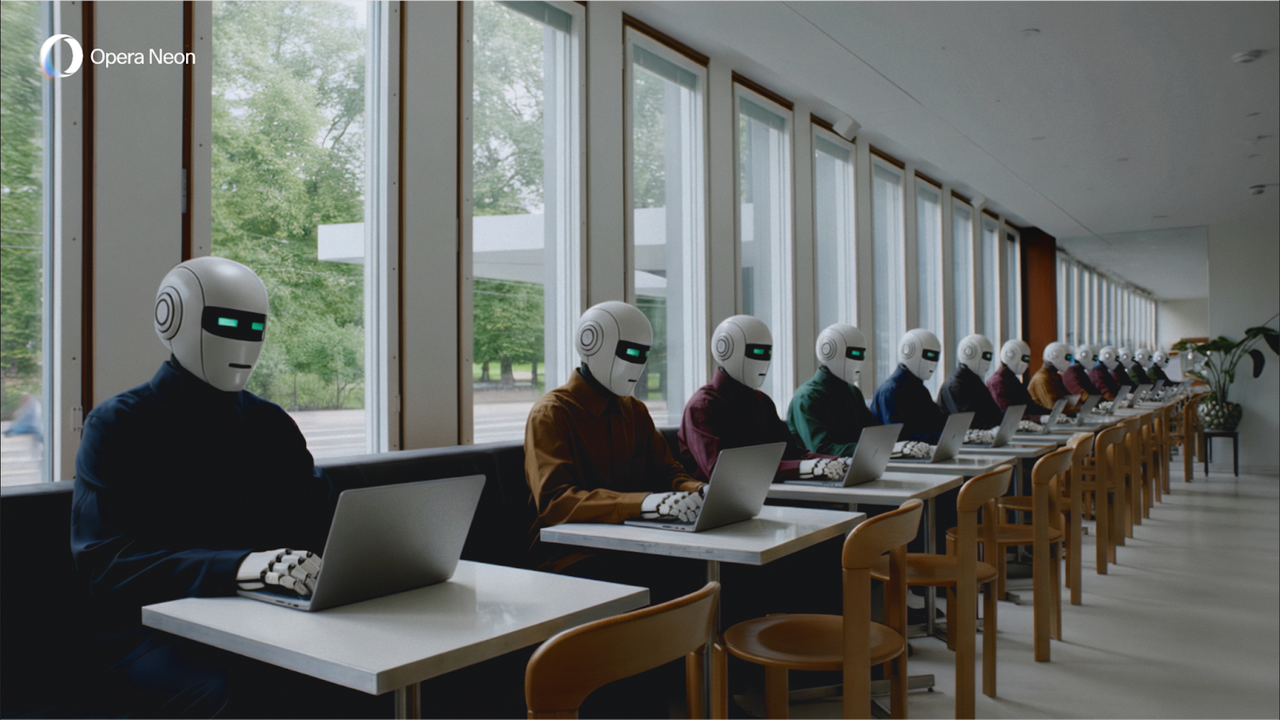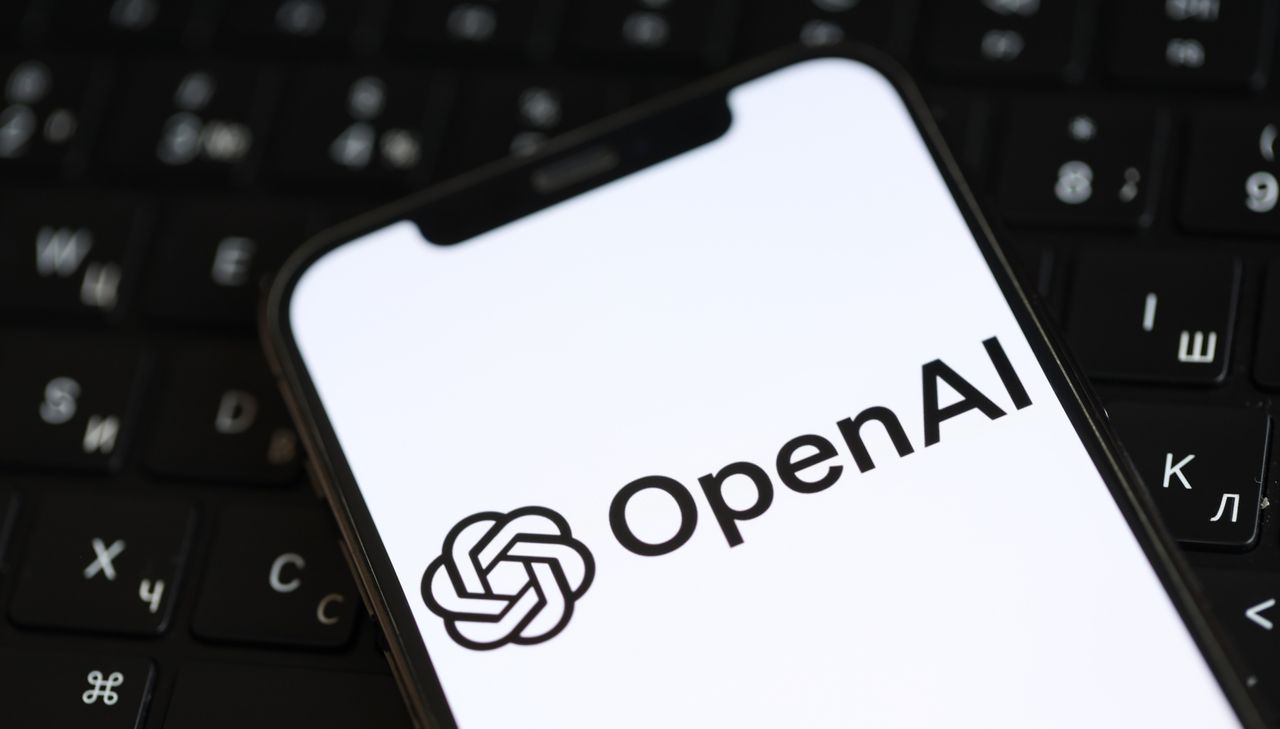
OpenAI and Google Impose New Generation Limits on Sora and Nano Banana Pro Amid High Demand
OpenAI and Google have reduced the free‑user generation caps for their AI services Sora and Nano Banana Pro, citing overwhelming demand. OpenAI now limits free users to six video generations per day, while Google has cut image generations to two per day, down from three. Both companies note the limits may change without notice and emphasize that paying users retain unchanged access. The moves are presented as part of broader efforts to manage resource strain and explore monetization options.










